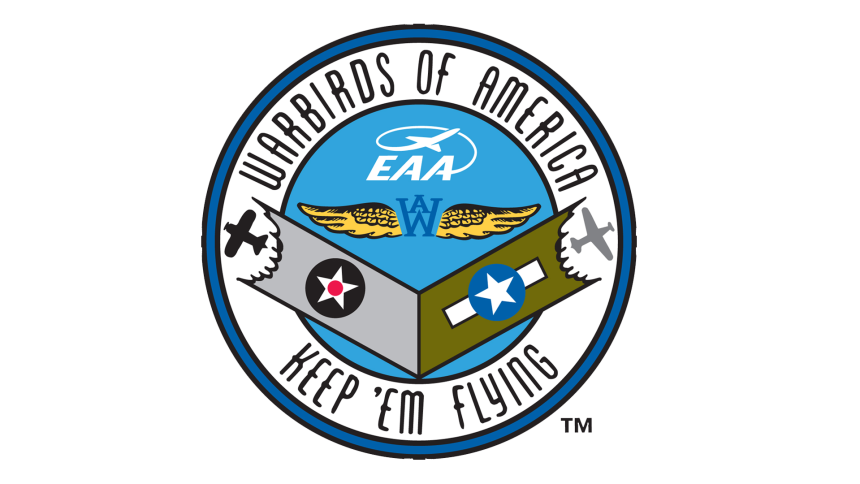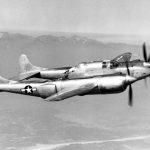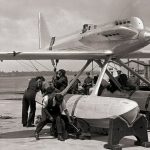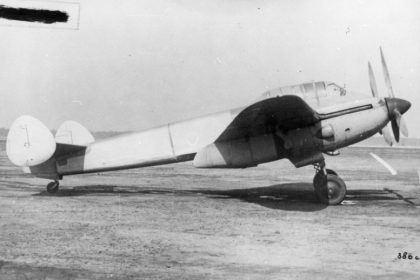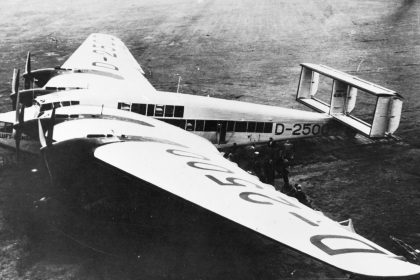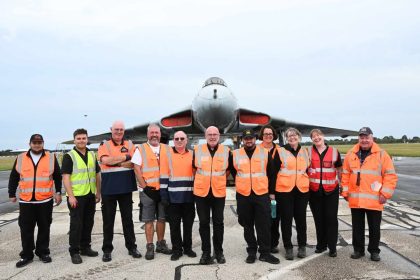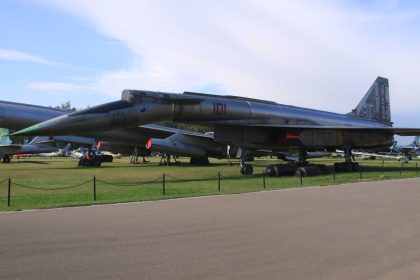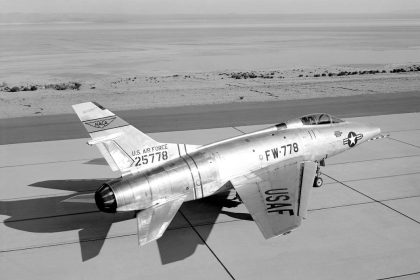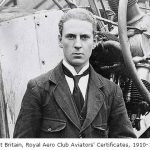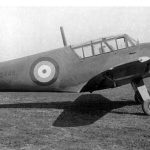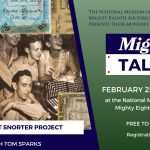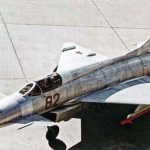On May 9, 2025, the Federal Aviation Administration (FAA) issued a notice of proposed rulemaking that could significantly affect the warbird community. The proposed program would authorize qualified pilots to serve as Pilot in Command (PIC) of certain Experimental aircraft after completing specific ground and flight training requirements—without the need for a practical test or check ride, provided they meet established qualifications. The public comment period is currently open and will close on June 9, 2025. The EAA Warbirds of America Government Affairs Committee is urging warbird operators to carefully review the proposal and submit comments based on their operational experience. According to Committee Chairman, the warbird community had no input into the development of this proposal prior to its release. However, following its publication, Congressman Sam Graves’ office convened a series of virtual meetings with representatives from across the industry to gather initial reactions and discuss possible implications.
One of the primary concerns raised by the group is the potential modification of the Operating Limitations for Experimental/Exhibition aircraft. Many believe that revising these limitations to accommodate the new program would impose unnecessary burdens on both aircraft operators and local FAA offices—particularly those with limited experience dealing with Experimental/Exhibition aircraft. The consensus among participants was that the existing Operating Limitations should remain intact to preserve consistency and reduce administrative confusion. The group also addressed the certification process proposed for pilots. Under the FAA’s plan, a qualified pilot could receive an “All Makes and Models” endorsement on their certificate after completing ground and flight training in at least three aircraft categorized as Authorized Experimental Aircraft (AEA). These aircraft must be high-performance single- or multi-engine types, and the training must be conducted by a qualified instructor who provides the appropriate endorsements. The group supports this pathway but emphasized that the endorsement should be added to the pilot’s certificate through the standard FAA Form 8710 application process, along with the required endorsements recorded in the pilot’s logbook. This would ensure a practical, standardized method of documenting pilot qualifications without adding unnecessary procedural complexity.
Recognizing the short time frame provided for public input, the group has formally requested a 30-day extension to the June 9 deadline. At this time, no confirmation has been received regarding whether the FAA will grant this extension. An update will be shared if the extension is approved. The Warbirds of America urges all operators and interested stakeholders to review the proposed changes, assess their potential impact, and submit comments accordingly. Feedback from those who work directly with these aircraft is critical to shaping sensible and effective policy.
The full text of the FAA’s proposal can be found here: https://www.federalregister.gov/documents/2025/05/09/2025-08167/experimental-aircraft-all-makes-and-models-program
Comments may be submitted via the following link: https://www.regulations.gov/search?filter=FAA-2025-0906
Participants in the recent industry meetings included Jack Ruddy and Joseph Schmoll from Congressman Sam Graves’ office, Jim Lashe and TJ Cook representing the Commemorative Air Force, Sean Elliott from EAA, and Charlie Tilghman and Doug Rozendaal representing the Designated Pilot Examiner (DPE) community focused on vintage and experimental aircraft. The EAA Warbirds of America remains committed to protecting the operational interests of the warbird community and ensuring any regulatory changes are both practical and informed by those with direct expertise.







